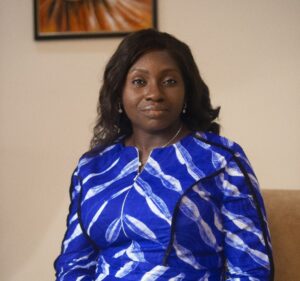For the #CARTA100 series, Alexander Kagaha (Cohort Seven Graduate, Makerere University) starts us off by sharing the interesting story of his PhD journey. Read on.
Getting started
It began with an interest in discourses and discursive power and practice and its effects on population health. It then rose through rigorous engagements in joint advanced seminars in Kampala and Johannesburg, before finally finding focus in abortion care. This infancy stage was the most challenging, confusing, and yet enriching experience through which I discovered my ignorance, concretised my abstract concepts, and acquired its communication art. The willingness to accept criticisms from peers and mentors, the realisation that there is no shortcut to progress, and the willingness to move an extra mile in pursuing that idea, are some of the best lessons I draw from this phase.
Leveraging on the institutional resources made my PhD journey smooth. I considered myself privileged when I got the CARTA fellowship, for I had become worried about getting PhD funding, having turned down an offer for a PhD study with my supervisor at the University of Liverpool in 2010, because I didn’t think I needed it then. And yes, I received another generous funding from ADDRF. In the school of Public Health, University of the Witwatersrand, I met my mentor, whose largeness of mind, eye for detail, generosity with her accumulated global expertise on anthropological, public health and reproductive health matters, and desire to mentor young ones offered the best resources any PhD student could ever dream about. My doctoral journey with Professor Lenore Manderson was beyond academics. It embraced professionalism and mental support. Together with the entire faculty team at the School of Public Health, anything that disturbed my progress became a concern for all. From personal welfare to office space and monthly seminars, abundant institutional support was felt. At Makerere University, any support I needed was accorded.
Flexibility and willingness to adapt to the environment
When COVID-19 broke out, I was at a critical moment of having to write my doctoral dissertation. At home, social relationships and financial constraints made it difficult to concentrate, and my work stalled. Fortunately, I received financial support from CARTA for an academic writing retreat at Lake Bunyonyi, western Uganda. The ambiance of the lonely and isolated stay on one of the islands for the 3-months retreat, allowed for the utmost critical reflection, reading, thinking and writing. I was able to submit my dissertation and manuscripts for publication. All this would not have been possible without the innovation within CARTA. Blocking time for academic reading, thinking and writing, is one of the best resources a PhD student could be privileged to have.
Now that the PhD journey is over, a new research leadership journey has just begun. The challenges that perpetually confront an African population in a global context demands new philosophical redirections and mentoring a new breed of researchers along that path. I embrace this challenge with love, knowing that a firm foundation has been set.
This is part of the #CARTA100 series as we celebrate passing the 100 Graduate mark. We will document stories of our Graduates as they share about their PhD and career journeys.




